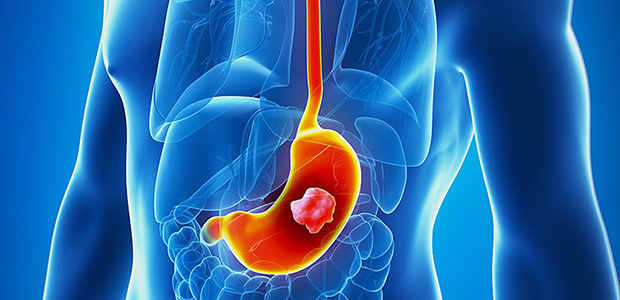The stomach cancer pathology report is an important basis for oncologists to formulate follow-up treatment plans. However, many stomach cancer patients and their families fail to read due to the strong professionalism of pathological reports. In order to help people to have better understanding of the medical terminology in the report, we have collated the common terms in the report for preliminary interpretation.
If you want to know more about the report on stomach cancer, you can make an appointment online online or contact our Manila office at 02-8-822122 (Manila Office) or 0917-599-2277 (Cebu Office), professional oncologists will help to answer your questions.
Gastric adenocarcinoma is a type of stomach cancer that is caused by malignant transformation of gastric gland cells, so it is called adenocarcinoma. The incidence of gastric adenocarcinoma accounts for 95% of gastric malignancies.
Stomach cancer is not infectious, but if there are stomach cancer patients at home, it is recommended to check for Helicobacter pylori infection for other family members. If there is Helicobacter pylori infection, infected people should go for a doctor in Digestive Medicine Department.

Carcinoembryonic antigen (CEA) is normally produced in gastrointestinal tissue during fetal development, but the production stops before birth. Consequently, CEA is usually present at very low levels in the blood of healthy adults (about 20 ng/mL).[2] However, the serum levels are raised in some types of cancer, which means that it can be used as a tumor marker in clinical tests.
CEA is associated with poorly differentiated adenocarcinoma, tumor size, serosal infiltration, and lymph node metastasis. Combining with other indicators, it can be used to evaluate the efficacy of chemotherapy in stomach cancer. If the CEA level falls within the range of >50% or falls to the normal range for more than 4 weeks, it can be used as a therapeutically effective indicator, if CEA value continued to increase after treatment, suggesting a poor prognosis.
Carbohydrate antigen 199 (CA199) is associated with tumor size, lymph node metastasis, and depth of invasion, and is an independent prognostic indicator for stomach cancer patients. A high value of CA199 in serum might suggest peritoneal recurrence of stomach cancer and a cut of stomach cancer patients’ survival time.
TNM system
The staging system most often used for stomach cancer is TNM.
In the TNM system:
The T refers to the size and extent of the main tumor. The main tumor is usually called the primary tumor.
T1, T2, T3, and T4: Refers to the size and/or extent of the main tumor. The higher the number after the T, the larger the tumor or the more it has grown into nearby tissues.
The N refers to the number of nearby lymph nodes that have cancer.
N1, N2, and N3: Refers to the number and location of lymph nodes that contain cancer. The higher the number is after the N, the more lymph nodes that contain cancer.
The M refers to whether the cancer has metastasized. This means that the cancer has spread from the primary tumor to other parts of the body.
M0: Cancer has not spread to other parts of the body.
M1: Cancer has spread to other parts of the body.
If you have any doubt about the stomach cancer pathology report, you can make an appointment online or call us directly at 02-8-822122 (Manila Office) or 0917-599-2277 (Cebu Office) . Professional oncologists will help you out.
Tips from oncologist at St. Stamford Modern Cancer Hospital Guangzhou: The above is only a partial interpretation of the pathology report of stomach cancer. Patients must find a professional oncologist for a comprehensive interpretation on a detailed pathology report, so that they can receive guidance and treatments timely to avoid irreversible consequences.